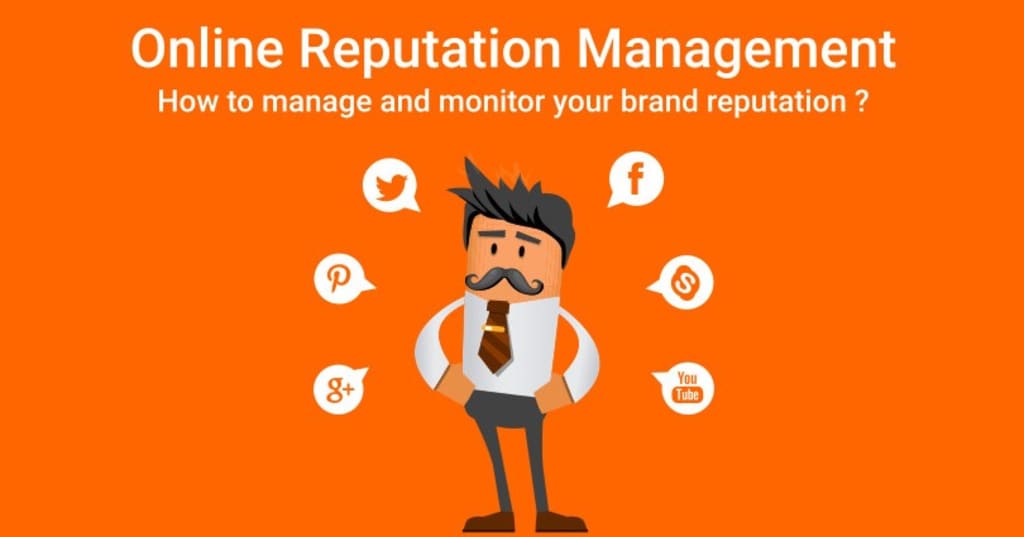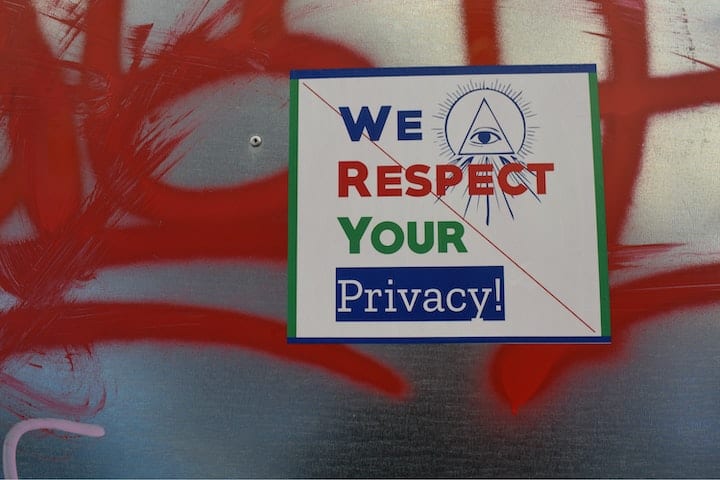
As an individual or brand in today's digital age, your online reputation is one of your most valuable assets. With the majority of people turning to the internet for information and social connections, it's essential to make a positive impression online. However, with so much information available, it can be challenging to navigate and maintain a positive online reputation. In this article, I will share some tips and advice for navigating your online reputation as an individual or brand.
Monitor Your Online Presence

Monitoring your online presence involves keeping track of all the online content related to you or your brand, including social media accounts, blog posts, reviews, news articles, and more. By monitoring your online presence, you can identify any negative content that could damage your reputation and take action to address it.
One of the best ways to monitor your online presence is to set up Google Alerts. Google Alerts allows you to receive email notifications whenever new content related to your name or brand appears online. This can include mentions in news articles, blog posts, social media accounts, and more. By setting up Google Alerts, you can stay up-to-date with your online presence and respond to any negative content promptly.
Address Negative Content
Ad
Addressing negative content is an essential part of managing your online reputation. Negative content can damage your reputation and impact your personal and professional life

It's important to address negative content promptly to mitigate any potential damages
The first step in addressing negative content is to identify it. This can include negative reviews, comments, or mentions on social media, blogs, or other online platforms. Once you have identified the negative content, it's important to respond promptly and appropriately.
When responding to negative content, it's important to remain calm and professional. Avoid getting defensive or engaging in arguments with the individual who posted the negative content. Instead, acknowledge their concerns and offer a solution or apology if appropriate.
It's also important to address negative content promptly. This can help to prevent the negative content from spreading and potentially damaging your reputation further. You should aim to respond to negative content within 24 hours, or as soon as possible.
If the negative content is inaccurate or false, you may need to take additional steps to address it. This can include contacting the individual who posted the content and requesting that they remove it or retract the statement. If the negative content is defamatory or violates any laws, you may need to seek legal advice.
Build a Positive Online Presence

A positive online presence can help you to establish credibility, attract new opportunities, and strengthen your relationships with your audience. Here are some tips for building a positive online presence
- Develop a clear and consistent brand voice: Your brand voice should reflect your values and personality, and it should be consistent across all your online platforms. This can include your website, social media accounts, and blog.
- Create valuable content: Creating valuable content can help you to establish yourself as an authority in your industry and build trust with your audience. This can include blog posts, videos, podcasts, and more.
- Engage with your audience: Engaging with your audience can help you to build a strong relationship with them and foster a sense of community around your brand. This can include responding to comments on your social media posts, hosting Q&A sessions, or even just asking your audience for their feedback.
- Utilize social media platforms: Social media platforms can be a powerful tool for building a positive online presence. Make sure to choose the platforms that are most relevant to your brand and target audience, and use them consistently to share valuable content and engage with your audience.
- Optimize your website for search engines: Optimizing your website for search engines can help you to improve your visibility online and attract more traffic to your website. This can include using relevant keywords, creating high-quality content, and optimizing your website's structure and navigation.
Protect Your Online Reputation
Protecting your online reputation is essential in social media platforms,

where a single negative comment or review can spread quickly and damage your personal or professional brand. Here are some tips for protecting your online reputation.
- Be proactive: Being proactive is the best way to protect your online reputation. This means creating a positive online presence, monitoring your online presence, and addressing negative content promptly.
- Use privacy settings: Using privacy settings on your social media accounts and other online platforms can help to protect your personal information and prevent others from accessing it without your consent.
- Be cautious with personal information: Be cautious with personal information that you share online, such as your address, phone number, and email address. Avoid sharing sensitive information that could be used to steal your identity or compromise your security.
- Respond appropriately: Responding appropriately to negative content can help to mitigate any potential damage to your reputation. This means responding promptly, calmly, and professionally, and avoiding engaging in arguments or getting defensive.
- Seek professional help: If you are struggling to manage your online reputation on your own, seek professional help. Online reputation management services can help you to monitor and manage your online presence, address negative content, and build a positive online reputation.
Conclusion
Finally, navigating your online reputation is crucial for individuals and brands alike. By monitoring your online presence, addressing negative content, building a positive online presence, and protecting your online reputation, you can strengthen your online reputation and ensure that it aligns with your brand's values.
I understand the importance of maintaining a positive online reputation. With the internet being so vast and full of content, it can be challenging to navigate your online reputation effectively. However, by following these tips and being proactive, you can ensure that your online reputation is strong and positive.
Whether you are an influencer, a small business owner, or a large corporation, navigating your online reputation is crucial in today's digital age. By taking the time to monitor your online presence, address negative content, build a positive online presence, and protect your online reputation, you can ensure that your brand's values and reputation remain strong and positive






Comments
There are no comments for this story
Be the first to respond and start the conversation.